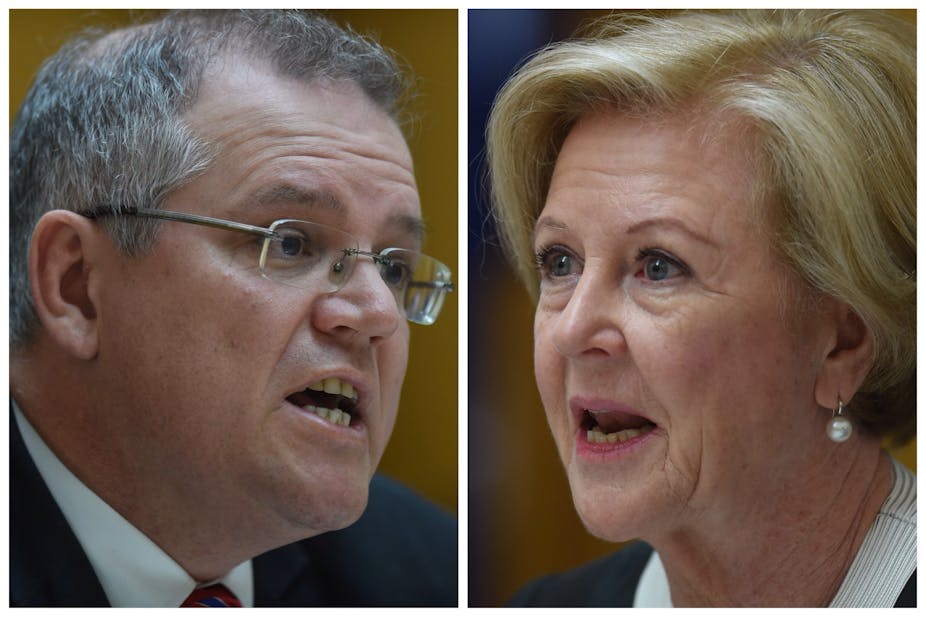Damning levels of mental illness and self harm are documented in the Human Rights Commission’s draft report on children in detention, which went to the government on Friday.
The inquiry has concluded, on the basis of evidence from inside and outside the system, that children detained for long periods have suffered significant adverse impacts on their health – especially mental health - and their development. It calls for all of them, including those on Nauru, to be released into the community, or into community detention where there are security factors.
The extensive inquiry found the impact of detention was significantly greater on children than on adults. According to figures given to the inquiry, in a 15 month period, there were 128 instances of self harm by children compared with around 80 by adults.
The draft report has gone to the Immigration Department and to the Attorney-General’s department.
Immigration has a right to review the draft to correct errors and has been given a fortnight to respond. The commission then finalises the report. With parliament approaching the end of the year the timing is very tight for tabling before Christmas.
Attorney-General George Brandis is bound by law to table the final report within 15 parliamentary sitting days of receiving it. The report can only be made available publicly when it is tabled.
If the department finishes its assessment on time, and the commission prepares its final version the following week, that would leave three sitting weeks with 12 sitting days for the tabling.
While in theory the 15 days could exist if the report were finished earlier, because the House of Representatives sits in the week starting October 20, in practice it is more likely there will be slippage.
It is believed the commission has in-principle agreement that Brandis will table as soon as he reasonably can, without waiting for the last moment which would push the tabling into next year.
Immigration Minister Scott Morrison recently did a deal with the Palmer United Party that would see adults and children in mainland centres and Christmas Island released from detention in return for PUP supporting legislation for the reintroduction of Temporary Protection Visas (TPVs). There would be some political advantage to the government to delay the tabling until most or all the remaining children are released into the community. The deal did not cover Nauru.
The inquiry involved some 381 interviews with individuals and families detained covering 1129 children and parents in centres. It received about 240 submissions, used focus groups and had five public hearings including one in which Morrison clashed with Gillian Triggs, president of the Human Rights Commission, who has headed the investigation.
The draft report covers children on Christmas Island, the mainland and Nauru, with 13 visits to nine detention centres. But members of the inquiry were not allowed to visit Nauru because it was outside the jurisdiction of the commission.
The report is believed to emphasise that its findings depend heavily on quantitative evidence rather than just anecdotal material.
The inquiry was particularly concerned about the long period children on Christmas Island were without proper schooling, something now rectified.
The draft report refers to evidence of the use of force on Christmas Island.
The investigation was launched in February. Its terms of reference included examining the appropriateness of facilities in which children are detained; the impact of the length of detention on children; measures to ensure children’s safety; provision of education, recreation, maternal and infant health services; the separation of families across detention facilities; the guardianship of unaccompanied children in detention in Australia; and assessments conducted prior to transferring children to be detained in regional processing countries.
It has also looked at the progress that has been made during the 10 years since the Commission’s 2004 report on the subject.

